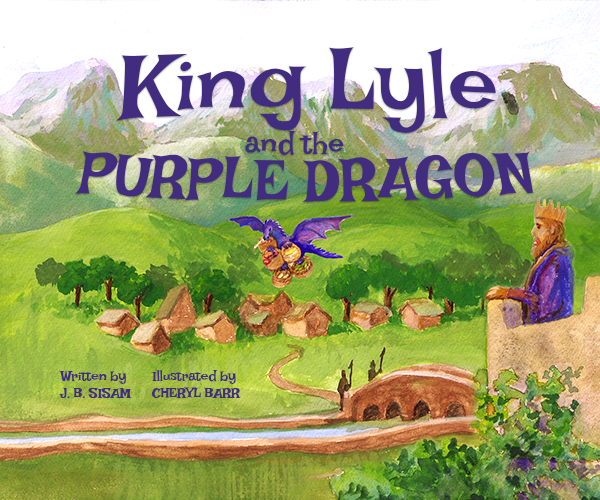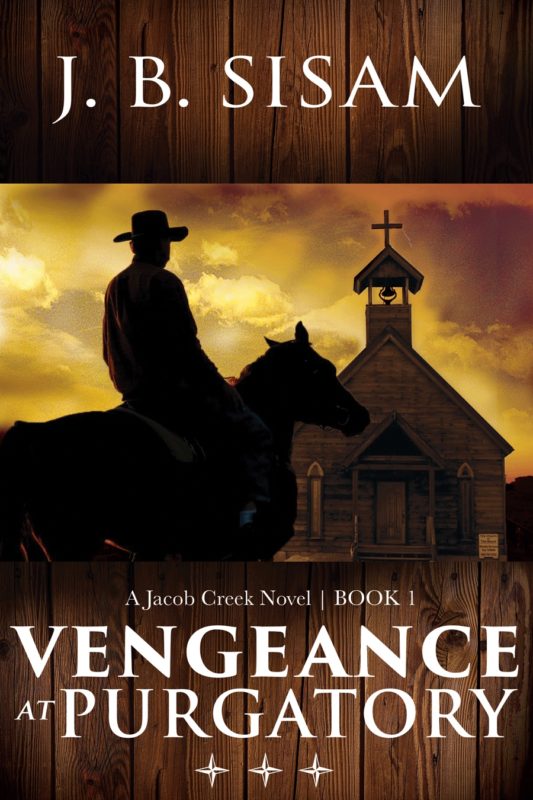We all know about the rules of writing. So many rules! You’ve read blog post after post, book after book, and it all can become so convoluted. I’ve done the work for you. Now you don’t have to read/listen to anything else other than this post.
In today’s episode, we’re talking about rules. I will be your referee in the murky waters of writing and guide you back toward the end zone. I’m going to give you 10 powerful rules of writing that will take you from novice to awesome in minutes!
When I started writing, I winged it. I started writing, then I stopped when I thought my book was done. I don’t recommend this method. It’s messy and it usually doesn’t work and in fact, you’ll wish you never hit publish on an incomplete article or book. It doesn’t work.
Over the past few years, I’ve become serious and have put out three books, hundreds of blog posts, and am working on book number 6. But one thing is certain, I follow a very select set of rules and every book gets better because of these rules.
Let me be your referee and give you my top 10 powerful rules you need to write your book.
1. Know how your ending. One of the biggest frustrations a lot of writers face, they don’t know where they’re going when then pick up the pencil. I’ve heard John Grisham and Stephen King say that if you don’t know where your story will end up, you don’t have a book. Take a few minutes and discover how you want your book to end. I even encourage you to write your last couple of chapters, if you’re writing a novel. This will give you enough information as to where you’re headed. This goes for you pantsers! Lee Child says you need a roadmap, even if it’s just in your head.
2. Know your elevator pitch. It would be impossible to describe what your book is about if you can’t do so in one or two sentences. John Grisham says your story isn’t worth sharing with the world unless you can do this one thing. I failed at this when trying to pitch a book to an agent. That book will never see the light of day. My second attempt was for Divine Providence. Here was my pitch: “A young mother’s life is turned upside down when she learns her husband cheated and her son needs a new heart or he’ll be dead before Christmas. How does she trust God in the midst of tragedy?”
An elevator pitch will save you time and headache. It gives you the power to not only pitch your idea but how to write the back copy of your book. Here’s another example from the novel I’m currently writing: “A new preacher is threatened with losing everything for a debt his father owed to a local mining town tycoon.”
It doesn’t have to be long. Work it through and come up with your own elevator pitch for your writing project. Remember it must be one to two sentences long. Listen to Podcast episode #139 for my way of writing a book synopsis/elevator pitch. It’s near the end of the podcast and show notes.
3. Outline like you mean it. I know, I know it’s the evil word no one wants to hear. It’s the one thing you shy away from as it makes you believe you’ll lose all creativity and the pantser style of writing you’re used to. Let me ask you this question, how long have you been writing your book?
Writing is hard work, why make it any harder. I highly recommend you outline before you write anything. In fact, I outlined this blog post before I began. It doesn’t mean you have to spend more time outlining before you begin writing, but a good outline will keep your thoughts on the topic at hand. I find so many writers struggling with their scenes and stories, but if they would just simply outline, they’ll save hours and from popping aspirin.
I listened to John Grisham on an interview for his book, Cameno Island. Grisham said he writes a 150-page outline before he begins. He makes sure his main story is cohesive and flows from beginning to end.
There are several outlines you can use, I recommend the storyboard outline. This is perfect for those who like to write by the seat of their pants but allows you to remain grounded in your story without straying too far.
4. Write for yourself. If you’ve been in the entrepreneurial world of blogging for any length of time, you’ll hear over and over, “write for your audience.” Now, I agree that our blogs should be about our audience but I also believe it should be about what we’re passionate about. If you don’t have the passion for what you’re writing, why are you writing it?
Stephen King said, “When you write a story, you’re telling yourself the story.” In other words, our job isn’t to write for someone else, we’re telling the story to ourselves. Write for yourself, not just for your audience. They come later during the rewriting part.
5. Stop using Passive voice. This one is huge! When writing, keep the prose tight and active. Don’t use passive voice. Passive voice is safe. It also means you’re a timid writer.
Here’s an example: “Sally decided to go to the store to buy some Twizzlers for the party.” In other words, now you know what Sally’s desire is. We think we’re doing a service to our readers when we’re not. It’s timid and passive. Let’s fix it and stick skin in the game and put the sentence take charge. “Sally needs Twizzlers. She hurries to the store before the party.” Do you feel better? I do!
6. Kill your adverbs. We love adverbs. They’re our friend, right? Wrong! These little telling words slow down the prose. They are not your friends. Here’s a good example: “Jim slammed the door loudly.”
Here’s the question, does “loudly” need to be there? What’s its point and context to the rest of the sentence? Does it reveal new information the reader is clueless about? It’s redundant, and it doesn’t tell us how he closed the door. Let’s fix this sentence. “Jim slammed the door.” Now we know!
Adverbs usually end in ‘ly.’ See what I did there? The other rule is to avoid using adverbs after “he said” and “she said.” Stephen King said this, “while writing adverbs is human, to write ‘he said’ or ‘she said’ is divine.” You don’t need to write, “You’re a jerk!” She said rudely. Just say, “You’re a jerk!” She said.
7. Stop editing as you write. This one is huge! We love to perfect our writing as we go. I want to challenge you to finish your book before you ever lay an editing hand on it. Just write the darn book. You can edit later. The more you edit, the longer it takes to write the book. Just write, don’t edit until you’re done with the final word of the final page.
8. Kill all your little darlings. Off with their heads and kill them all. Trust me, your editor will thank you. We all have these little hang-ups that slow our writing. Passive voice, extra scenes, extra characters, and adverbs and adjectives. Kill them all. Anything that slows down the action should be killed. I don’t care if you like John the waiter in your story if he doesn’t need to be there kill him off.
In other words, kill your little darlings. Anything that keeps the action slow and tedious, unless you’re J.R.R. Tolkien.
9. Write every day. If you really want to get your book written, write daily. If you write just 200 words a day, you’ll have nearly 75,000 words written in 1 year’s time. There’s no reason you can’t write every day. Take an hour before you go to bed and write part of your next chapter.
This post is nearing 1,300 words and I’ve been writing for less than 1 hour. You can do it, and it won’t take long.
10. Read your work. Just read. Once your book is written, begin reading. Read as if you’re reading it for the first time. Dive into your writing and begin your eye of killing things that don’t belong. Be happy. Writing shouldn’t be tedious, it’s about enriching the lives around us and seeing their eyes light up with magic.
Write, read, and edit. Do these three things and you’ll be one happy writer.
[reminder]Which rule do you need to work on?[/reminder]
Join the Write Now Seminar Wait List
Subscribe to get our latest content by email.


 Jason (J.B.) Sisam. Best-selling Amazon author of the Christian Early Reader book,
Jason (J.B.) Sisam. Best-selling Amazon author of the Christian Early Reader book, 










LEAVE A COMMENT HERE:
Please note: I reserve the right to delete comments that are offensive or off-topic. Also, this is a clean website, use of any language is not tolerated and your post will be deleted.